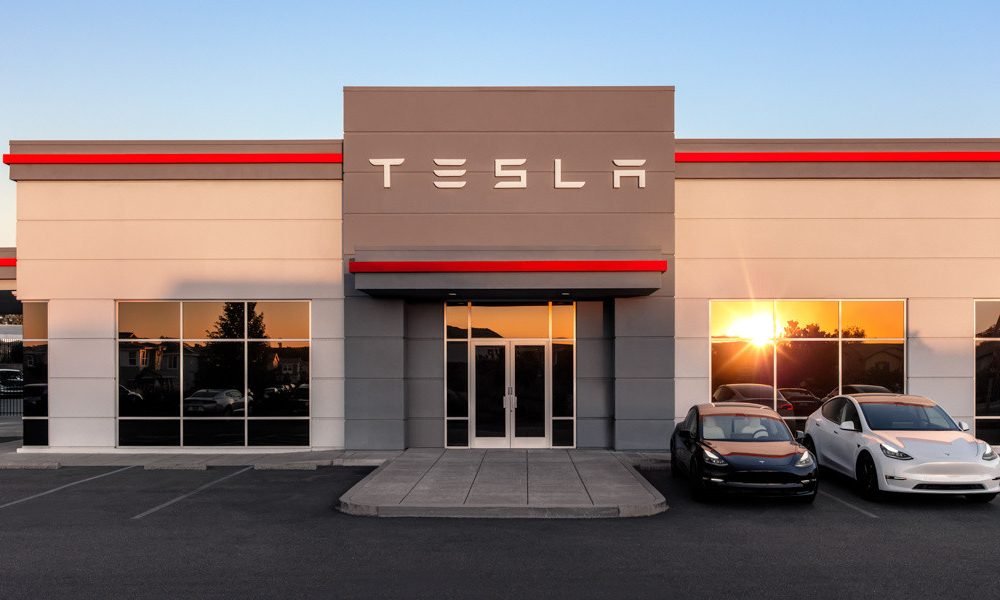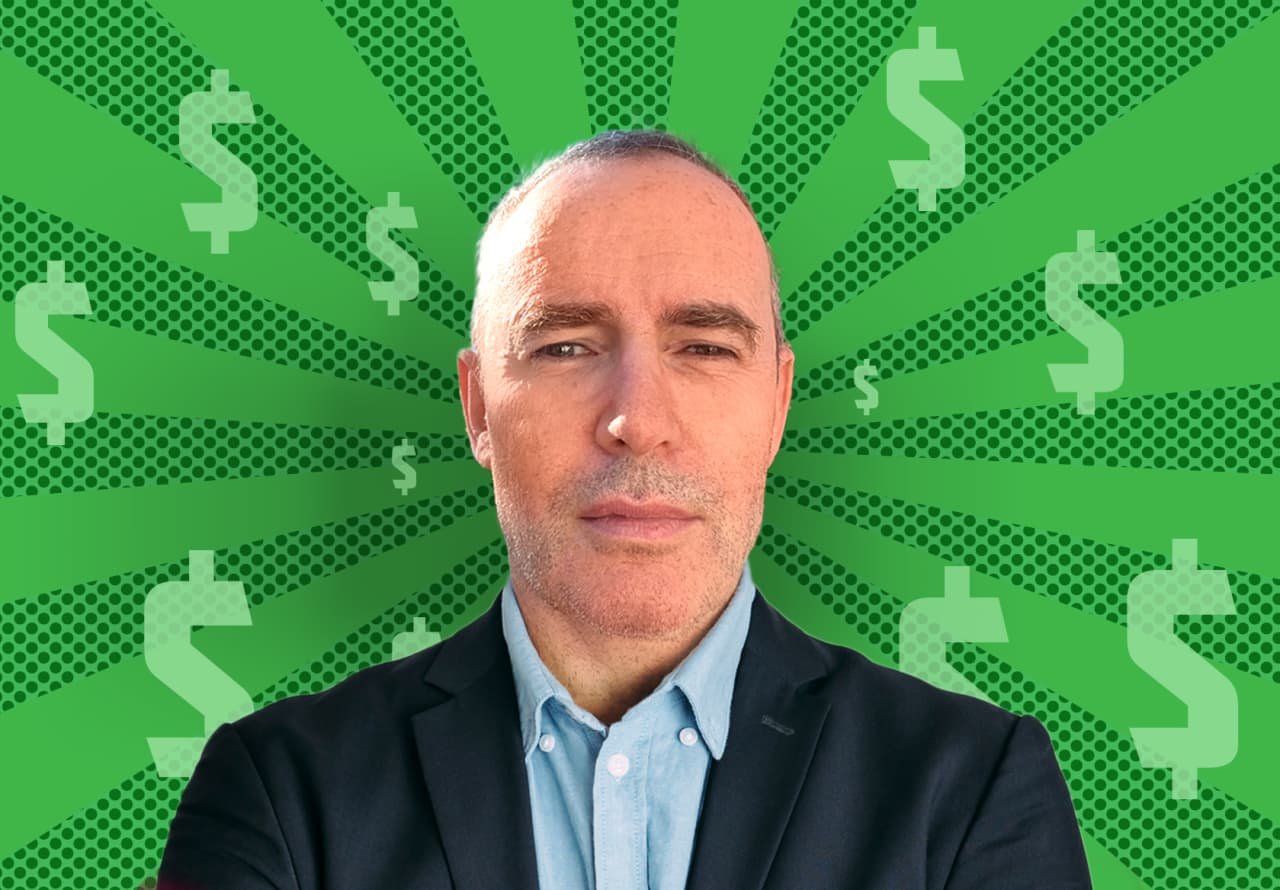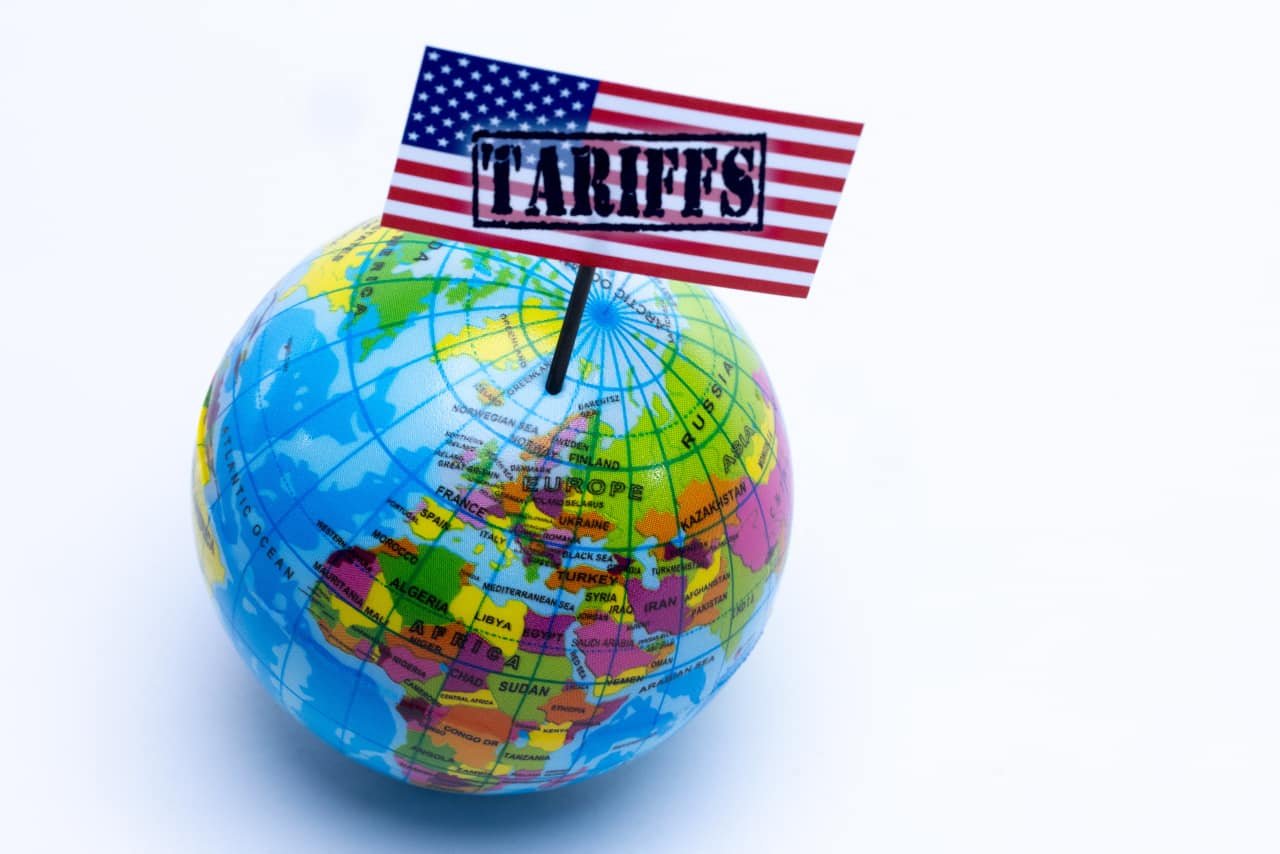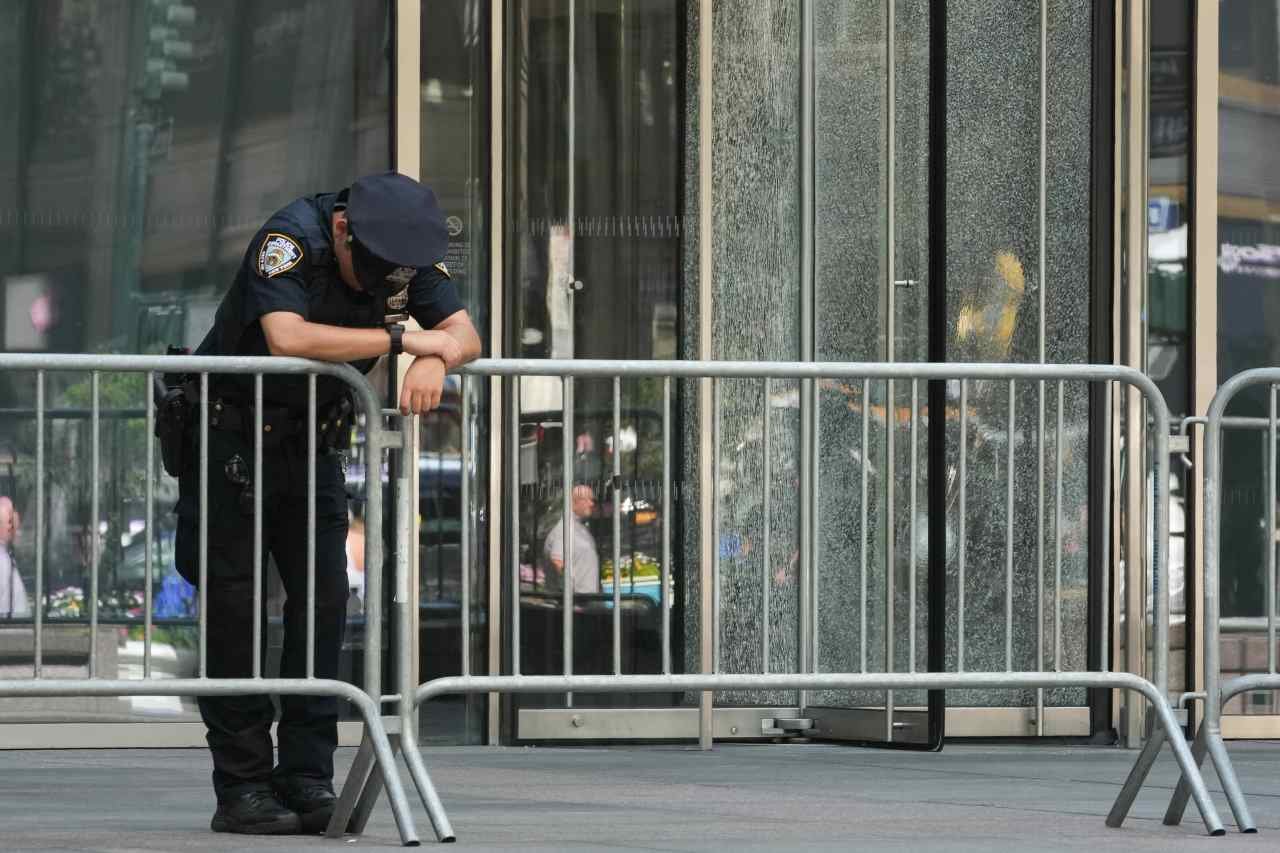Tesla will appeal a recent jury verdict that held it partially liable for a fatal crash that occurred in Key Largo, Florida, in 2019.
An eight-person jury ruled that Tesla’s driver assistance technology was at least partially to blame for a crash when a vehicle driven by George McGee went off the road and hit a couple, killing a 22-year-old and injuring the other.
The jury found that Tesla’s tech was found to enable McGee to take his eyes off the road, despite the company warning drivers and vehicle operators that its systems are not a replacement for a human driver.
The company states on its website and Owner’s Manual that Autopilot and Full Self-Driving are not fully autonomous, and that drivers must be ready to take over in case of an emergency. Its website says:
“Autopilot is a driver assistance system that is intended to be used only with a fully attentive driver. It does not turn a Tesla into a fully autonomous vehicle.
Before enabling Autopilot, you must agree to ‘keep your hands on the steering wheel at all times’ and to always ‘maintain control and responsibility for your vehicle.’ Once engaged, Autopilot will also deliver an escalating series of visual and audio warnings, reminding you to place your hands on the wheel if insufficient torque is applied or your vehicle otherwise detects you may not be attentive enough to the road ahead. If you repeatedly ignore these warnings, you will be locked out from using Autopilot during that trip.
You can override any of Autopilot’s features at any time by steering or applying the accelerator at any time.”
Despite this, and the fact that McGee admitted to “fishing for his phone” after it fell, Tesla was ordered to pay hundreds of millions in damages.
Tesla attorney Joel Smith said in court (via Washington Post):
“He said he was fishing for his phone. It’s a fact. That happens in any car. That isolates the cause. The cause is he dropped his cell phone.”
In total, Tesla is responsible for $324 million in payouts: $200 million in punitive damages, $35 million to the deceased’s mother, $24 million to their father, and $70 million to their boyfriend, who was also struck but was injured and not killed.
The family of the deceased, Naibel Benavides Leon, also sued the driver and reached a settlement out of court. The family opened the federal suit against Tesla in 2024, alleging that Tesla was to blame because it operated its technology on a road “it was not designed for,” the report states.
Despite the disclosures and warnings Tesla lists in numerous places to its drivers and users of both Autopilot and Full Self-Driving, as well as all of its active safety features, the operator remains responsible for paying attention.
CEO Elon Musk confirmed it would appeal the jury’s decision:
We will
— Elon Musk (@elonmusk) August 1, 2025
The driver being distracted is a big part of this case that seemed to be forgotten as the jury came to its decision. Tesla’s disclosures and warnings, as well as McGee’s admission of being distracted, seem to be enough to take any responsibility off the company.
The appeal process will potentially shed more light on this, especially as this will be a main point of emphasis for Tesla’s defense team.




